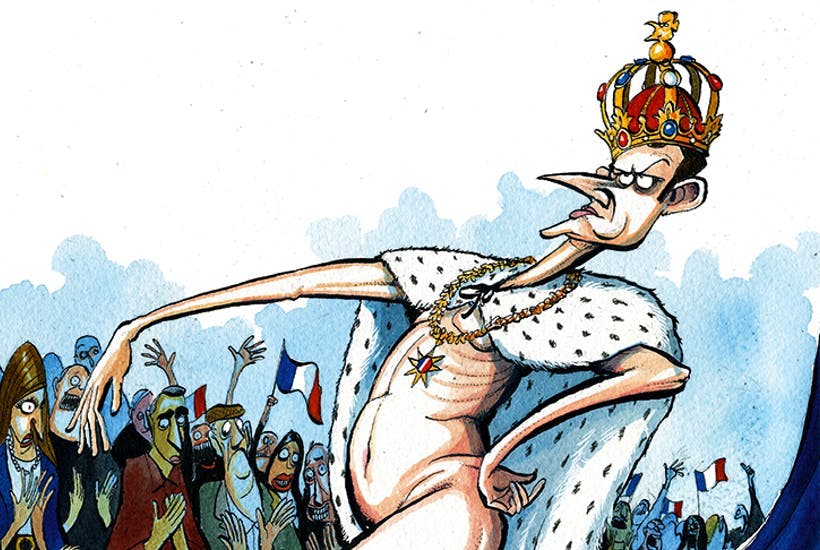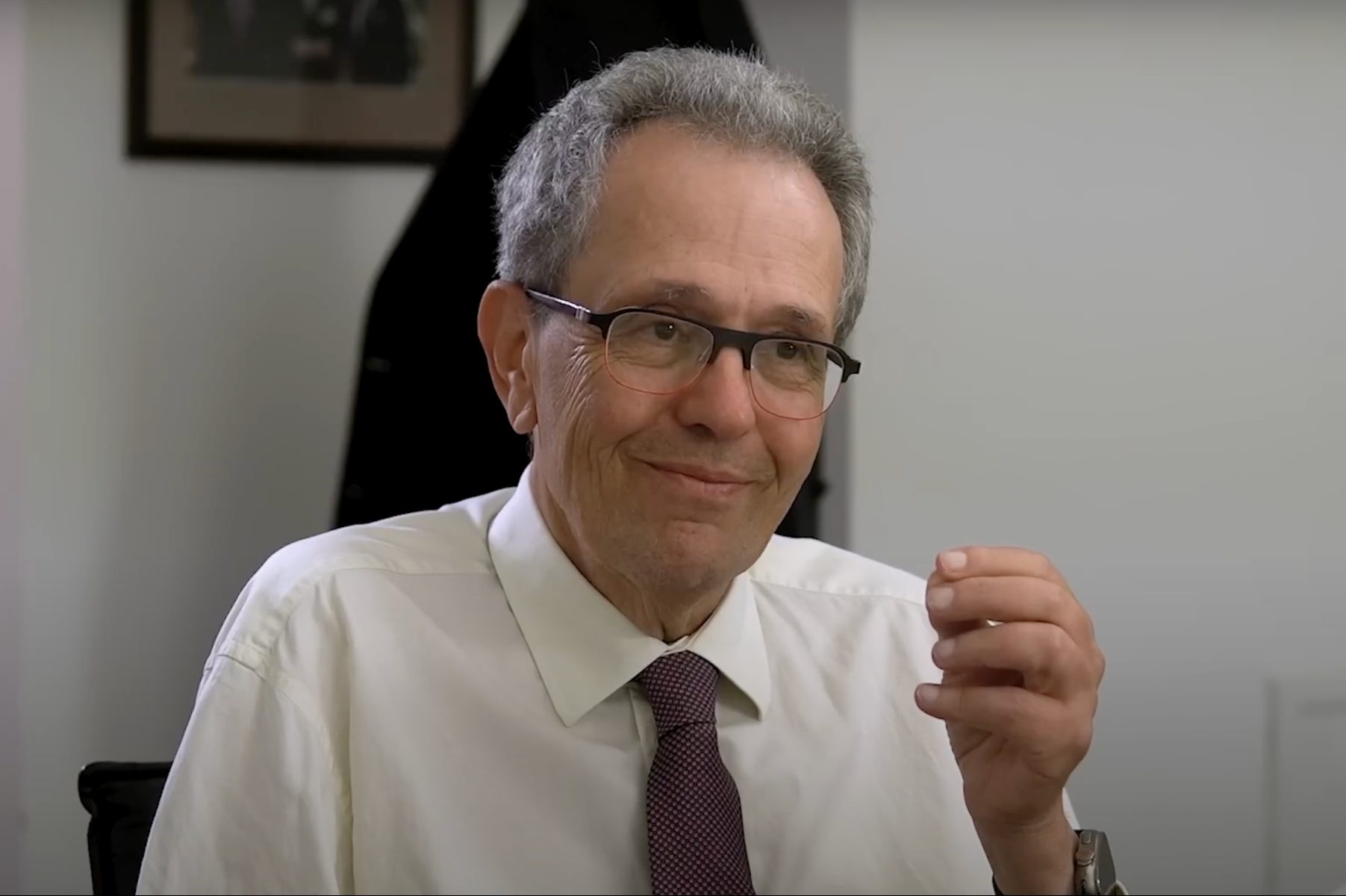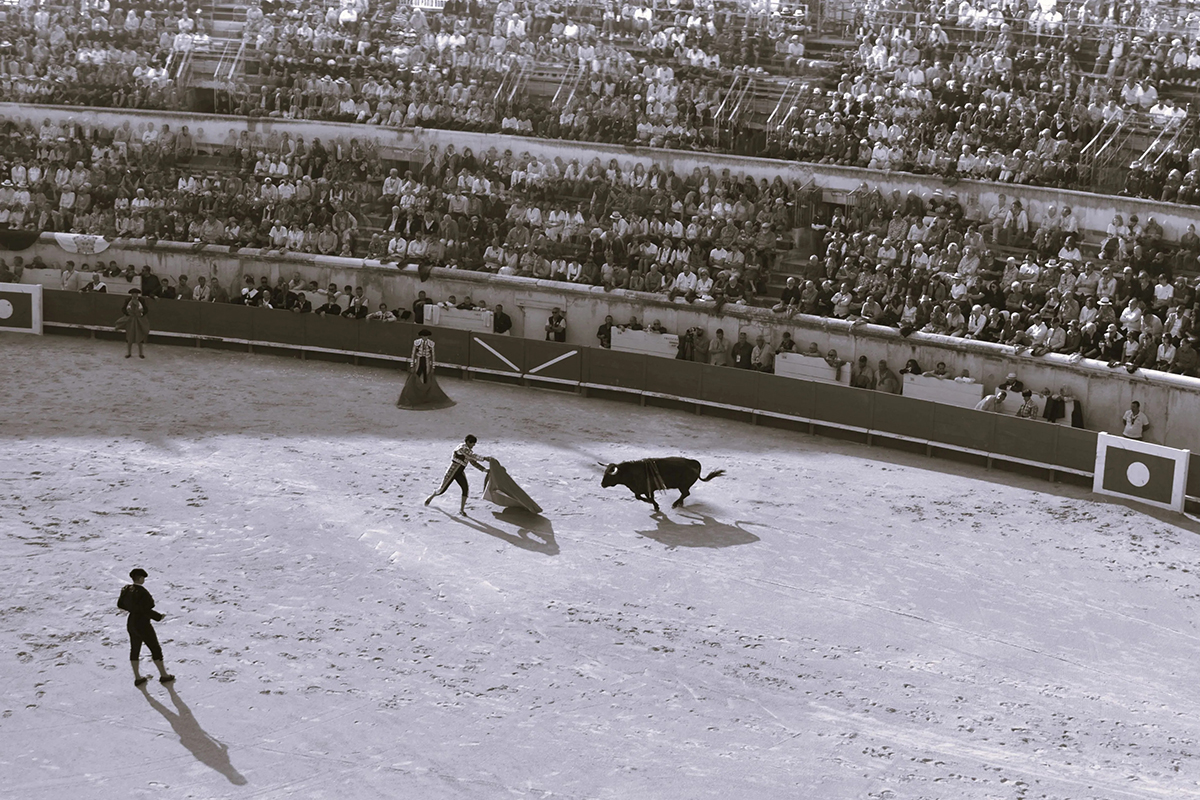Since Boris Johnson gained his 80-strong majority in the House of Commons, a chasm has opened up between what the French reckoned they would be able to extract from Britain in the post-Brexit EU negotiations and what Emmanuel Macron will now prioritize.
A number of other events have also chastened the French (and Brussels) beyond the election result, such as: Boris’s decision to legislate for no extension to the transition period; the government’s rejection of Lord’s amendments to the Withdrawal bill; the chancellor’s message that the nation’s interests come before British business; Washington’s commitment to seal a trade deal with Britain by the end of the year; and London’s decision to begin parallel trade negotiations with the EU and the US, Japan and Australia. The tables have turned. To misquote Macron’s 2017 boast: ‘Britain is back’. We are now a country mile from Le Monde’s excoriating doomsday editorial after Boris won the Conservative party leadership contest. The patronizing tone has evaporated.
So what will the French negotiating position be?
Macron’s main political aim is foreign and security policy. While trade negotiations and international politics are not usually directly inter-meshed at the negotiating table, only the naive believe they are truly kept apart — quid pro quo predates Donald Trump, after all. International relations theorists have even coined a phrase for it: ‘issue linkage bargaining strategy’. Michel Barnier’s negotiating team has its mandate, but you can expect the impatient and forceful Macron to press ruthlessly behind the scenes for the EU to make concessions to Britain in the French interest. In exchange Macron will want concessions from Britain, either via the EU, or outside of it bilaterally through foreign and security policy.
Despite Macron’s pro-Europeanism, he knows a European martial spirit or meaningful collective foreign policy does not, and will not, exist in the near future. A common European foreign and defense policy is instead a long game. In the meantime, international instability on Europe’s borders and changing international power centers means that Britain is Macron’s only realistic international partner. He said so in August 2019:
‘Whatever the outcome of Brexit, it is indispensable that we continue to think about sovereignty with Great Britain. On the military front, on the strategic front, on all subjects.’
Boris’s self-confident Britain, with its foreign policy and military assets, is fatally attractive for an overstretched and solitary France, hampered by its seven year conflict in the Sahel monopolizing 5,100 troops and rising. Macron’s political goal is a foreign and defense pact to expand on the 1998 Saint Malo and 2010 Lancaster House bilateral foreign and security agreements. Expect him to concede generously to that end; except in two key areas.
According to the widely respected Z/Yen ‘Global Financial Centers Index’, New York is the most competitive financial center in the world, followed by London in second place. But, on current trends, Paris and China’s financial centers are on track to overtake London by 2021. The post-Brexit negotiations are Paris’s opportunity to dethrone London. It has already snapped up the European Banking Authority from London and Macron maneuvered France’s former finance minister Christine Lagarde into her seat at the head of the ECB. Bruno Le Maire, France’s powerful finance minister, confirmed in January that Paris was poised to overtake London as Europe’s prime financial centre and that France could gain from the Brexit negotiations ‘if we are firm’.
It doesn’t matter to the French that the Z/Yen survey assesses soft financial environment factors rather than hard trading volumes, or that a simultaneously published Bank of International Settlements survey suggested London is increasing its supremacy over New York in currency and derivatives, to nearly half of global market share — while Paris remains insignificant.
The President of the Euronext stock exchange told a French Senate Commission in 2017 that ‘there is an opportunity to close…the disproportionate place that London has occupied in European finance for 30 years.’ And although the French finance sector is about half the size of Britain’s, it still represents 4 to 5 percent of the country’s GDP, accounts for 5 percent of France’s total tax revenues, and employs 750,000 people. The French will therefore fight doggedly on finance, especially on Euro-denominated interest rate swaps where — to the EU and France’s chagrin — London’s share of the market increased from 75 percent to a mighty 86 percent in 2018.
Boris should make no mistake here. It is not mere French pride that is at stake, but amour propre, with an undercurrent of national humiliation. Until 1914 France was Europe’s banker, while London was the rest of the world’s. Brexit is the best opportunity in a century for France to achieve its ‘age-old ambition’ to become the continent’s banker once again. It failed humiliatingly to lure City banks to Paris after the 2016 referendum and London’s resilience is all the more galling for ex-Rothschilds banker Macron because his labor and tax reforms, which are now draining France’s finances and his popularity, originally relied on attracting City bankers from London.
It is not mere league tables at stake. Macron believes there will be a ‘halo effect’ if France is restored as Europe’s banker, facilitating not just his European reforms, but his ambition to lead the continent, aided by the decline of Merkel and German economic dynamism.
The second area Macron will fight for is fishing. Although there are few French fishermen — and the industry is insignificant in terms of GDP — they are highly militant and can use their ability to block ports as leverage against the government. Wine-makers and peasant farmers have a similar capacity to inflict damage to Macron, but the stakes are much higher for fishermen. On December 31, the day the transition period terminates, their access to UK waters stops brutally. French wine-makers’ and farmers’ access to British markets, by contrast, will continue, albeit with progressive damage from higher tariffs and competition. Macron shudders at the idea of beginning a costly conflict with fishermen a year before the 2022 French presidential race.
Macron has a Gaullist view of the world. The General thought nothing of sacrificing France’s short-term economic interests in favor of long-term international goals. Nor did he shy from pushing a weak Britain around. Since Boris’s victory Macron has prioritized his objectives for the negotiations along these lines. Pure trade interests will play second fiddle to political aims, even if French exports to Britain make up 3 percent of its GDP, involve 30,000 French firms, and represent its largest trade surplus. Macron is a leader with a clear understanding of historical and contemporary global geopolitics, who knows that Britain could be pivotal in defending French interests. He is betting that Britain remains strong enough, domestically and internationally, to fulfil that role.
Professor John Keiger is former Research Director at the Department of Politics and International Studies, University of Cambridge, and a specialist in French foreign policy. An earlier version of this article appeared in Briefings for Britain.


























